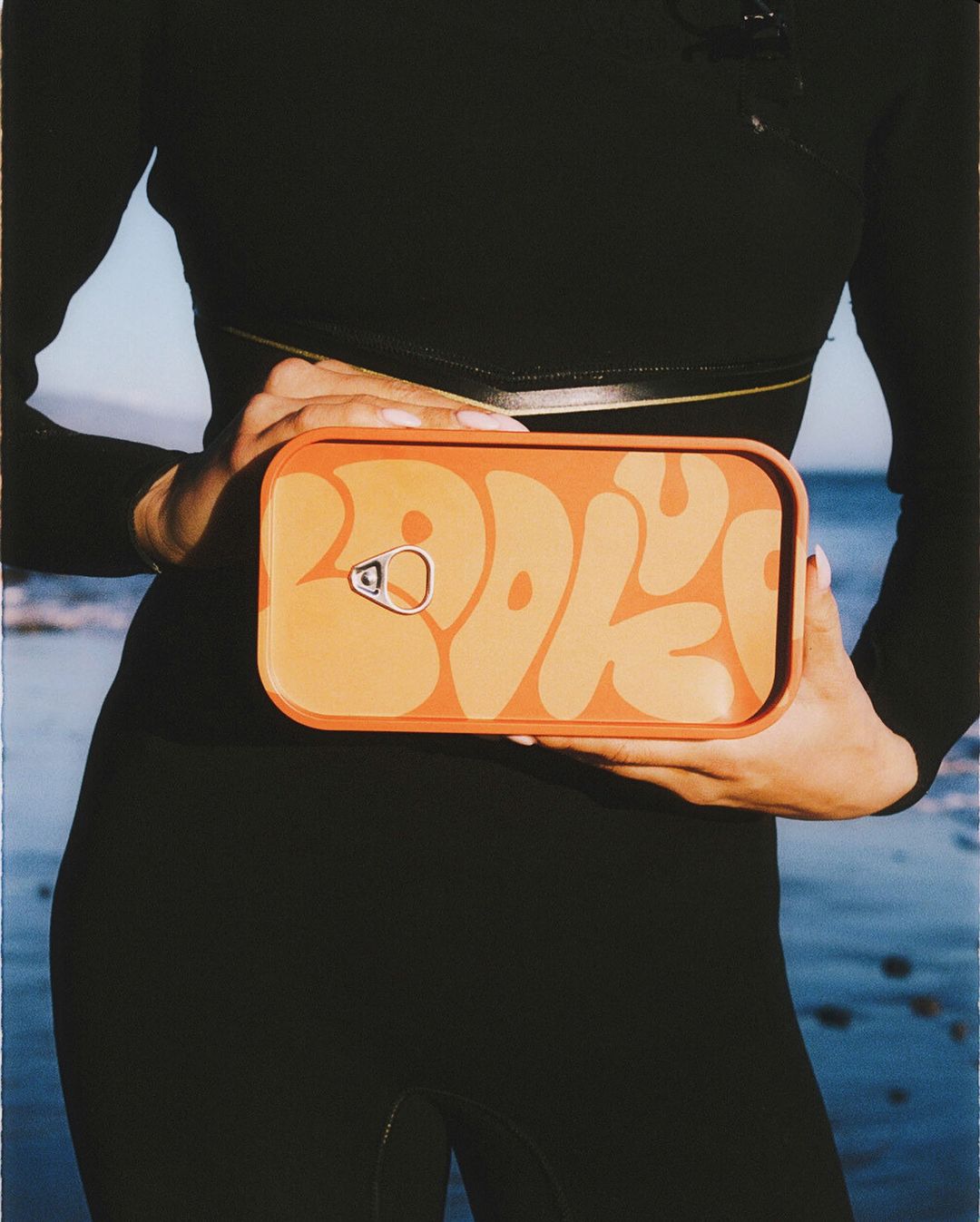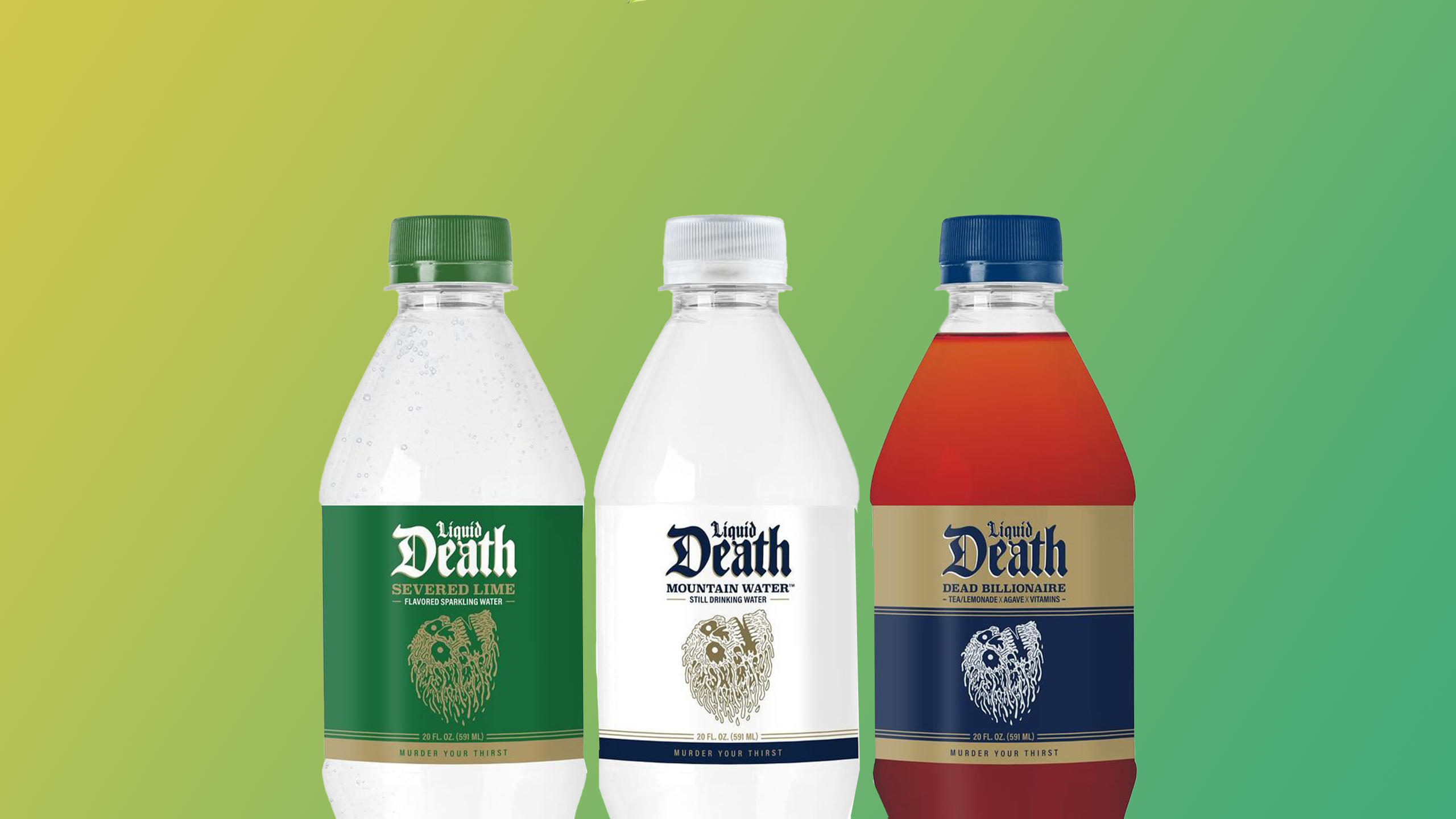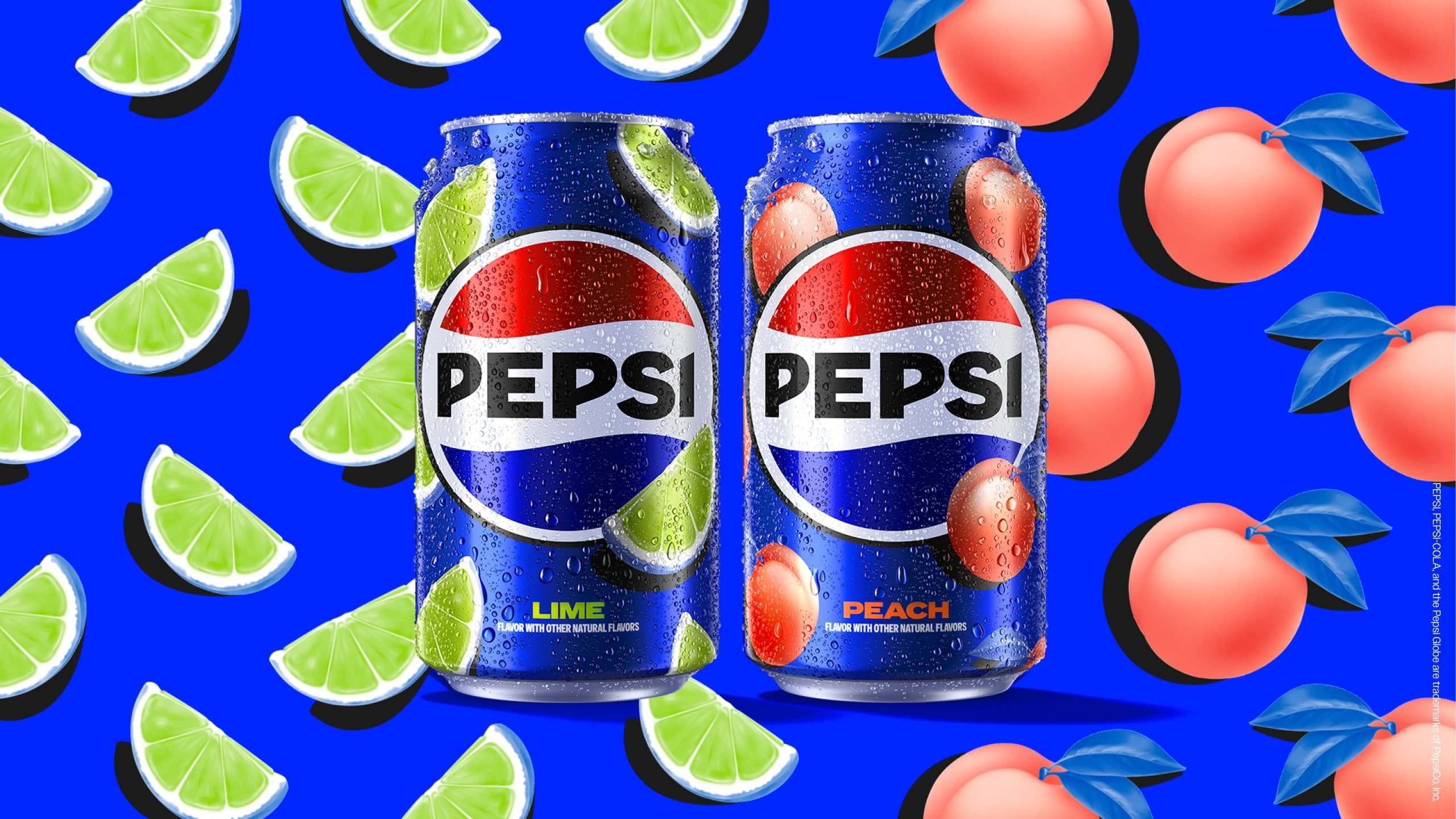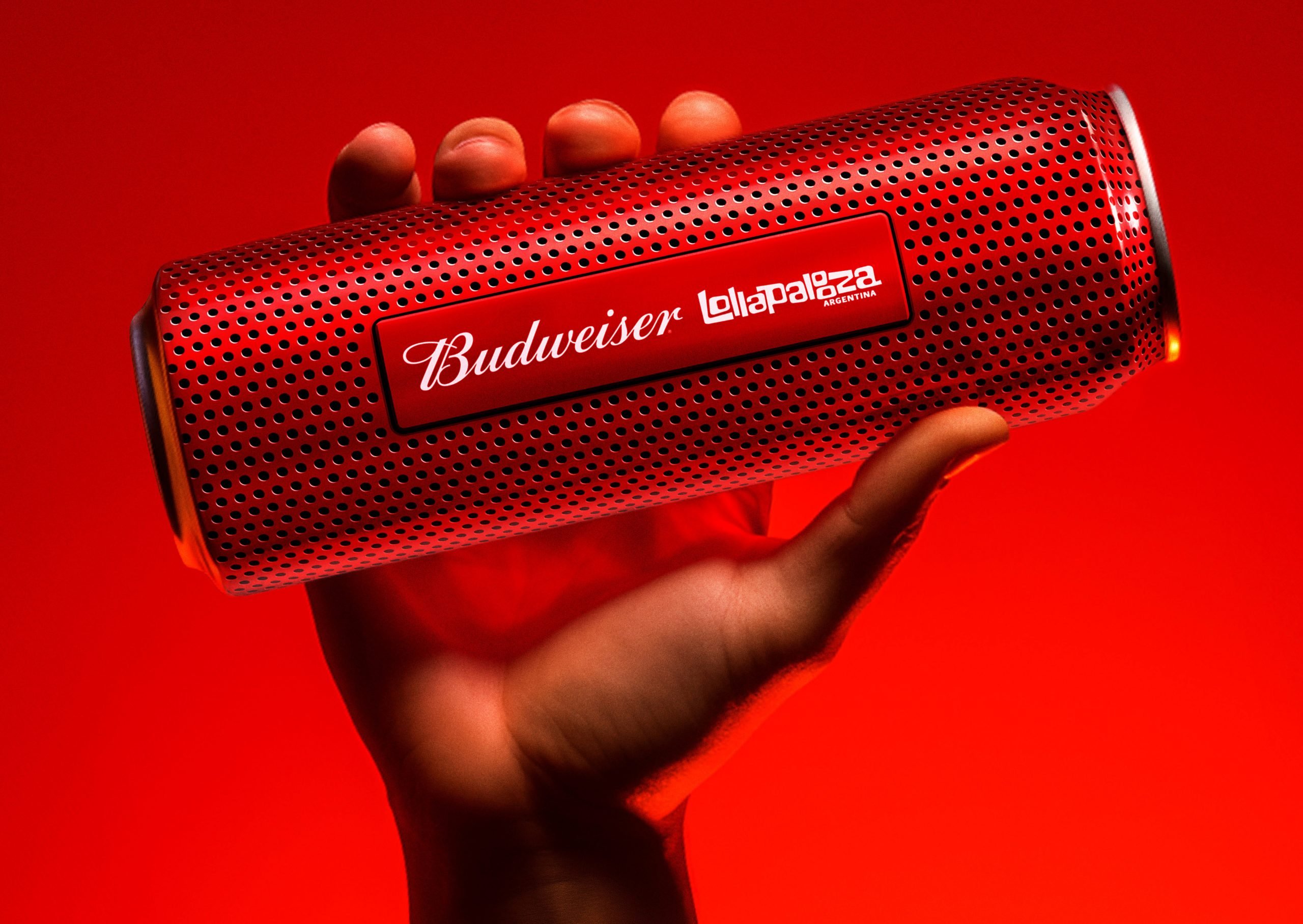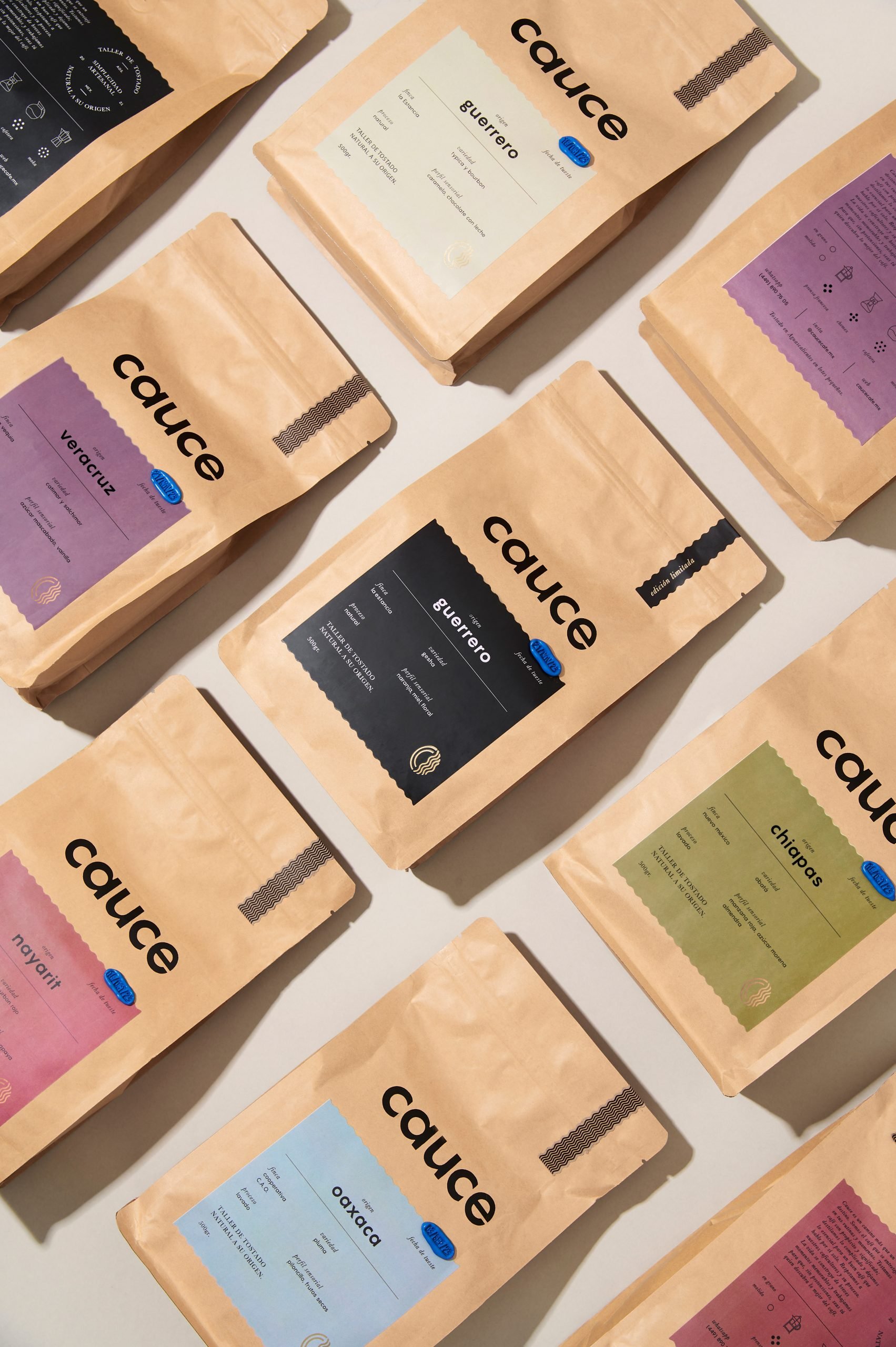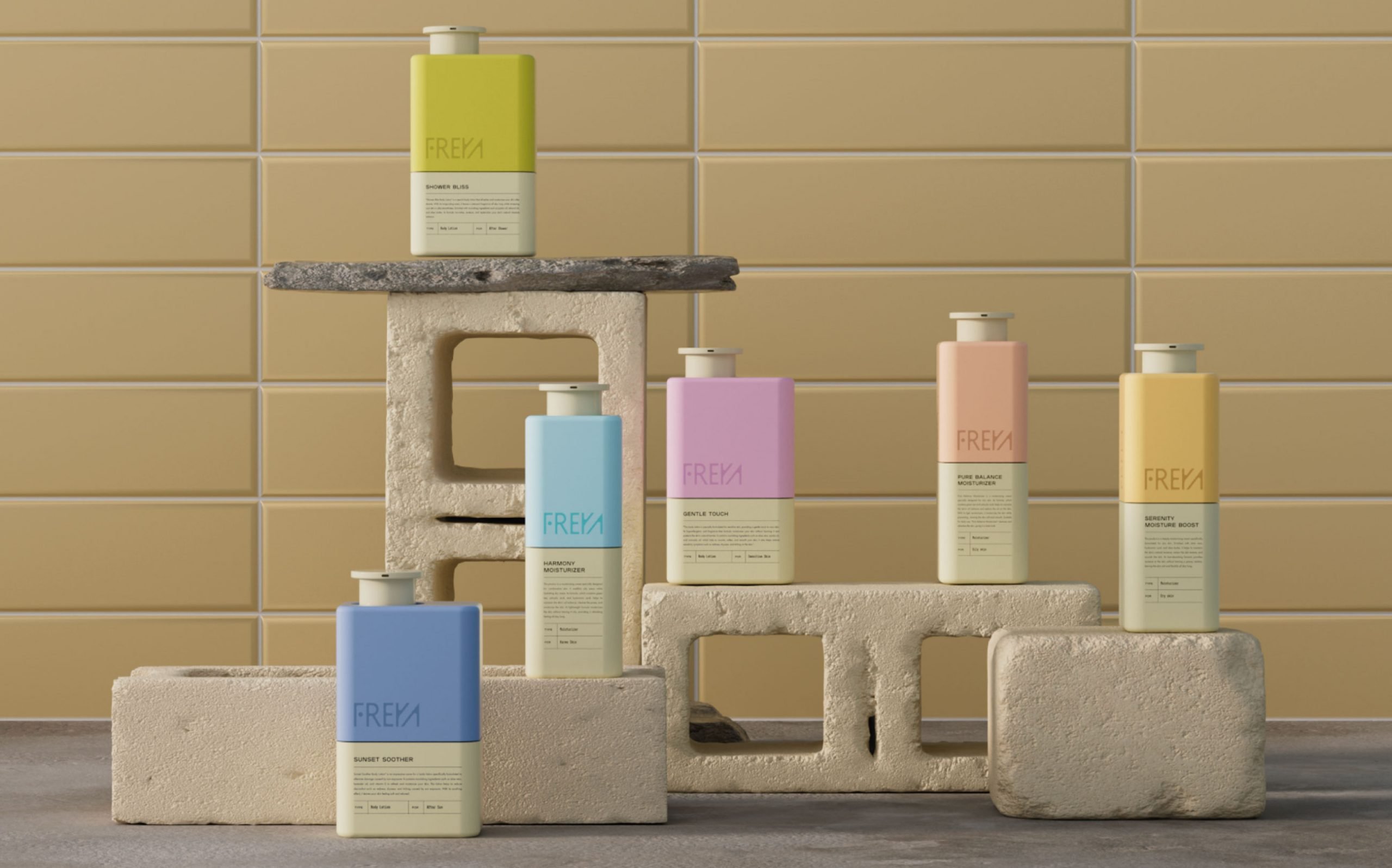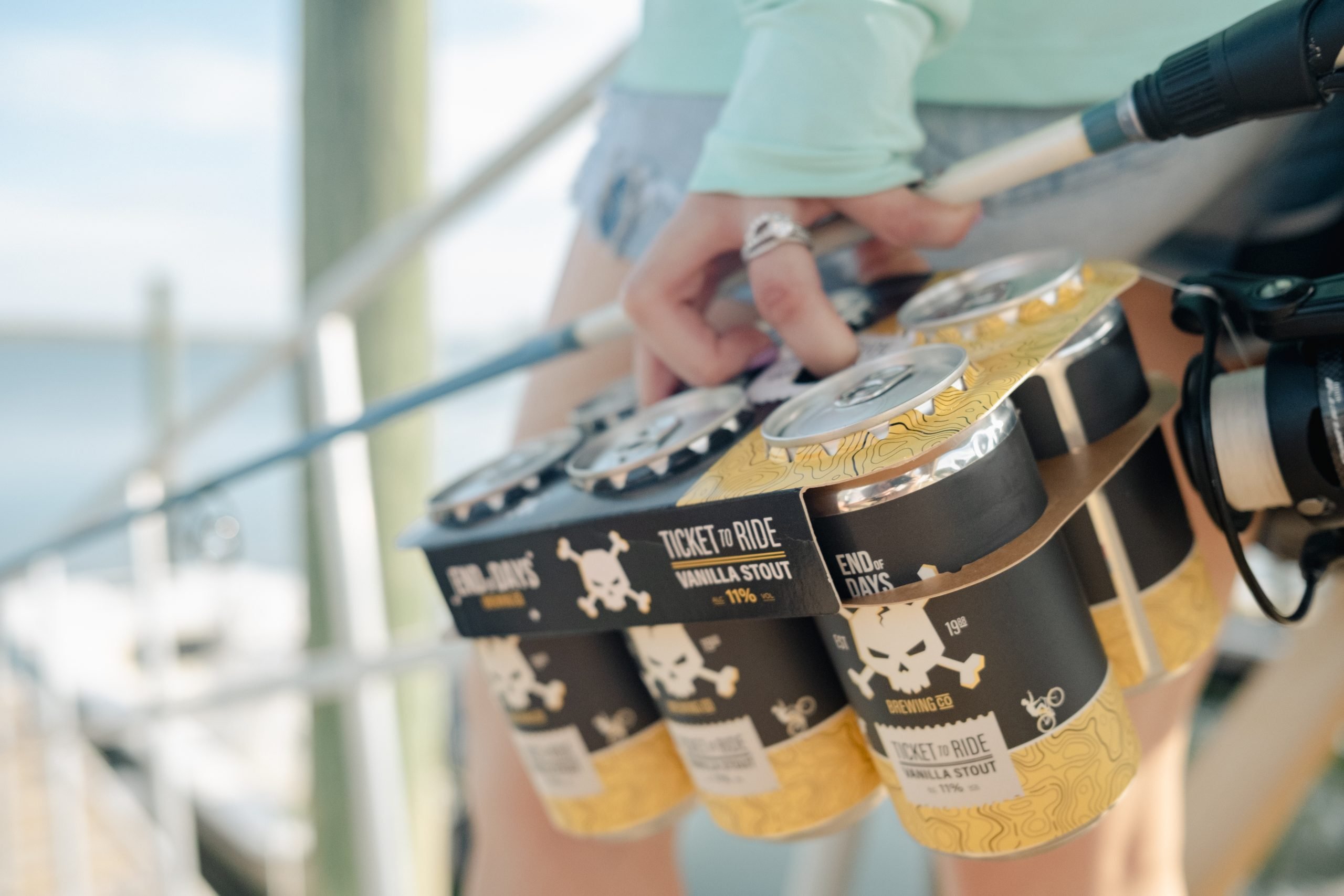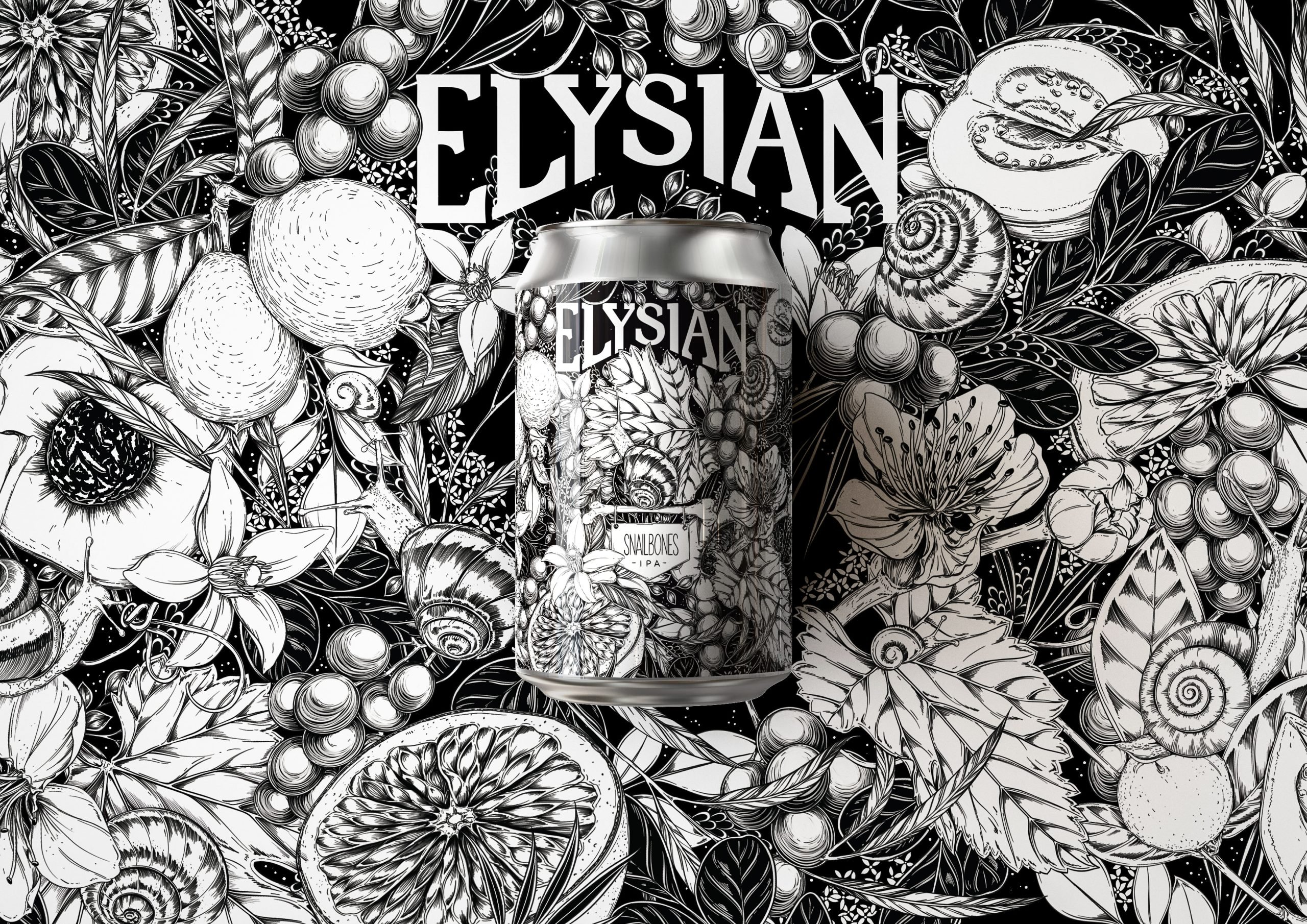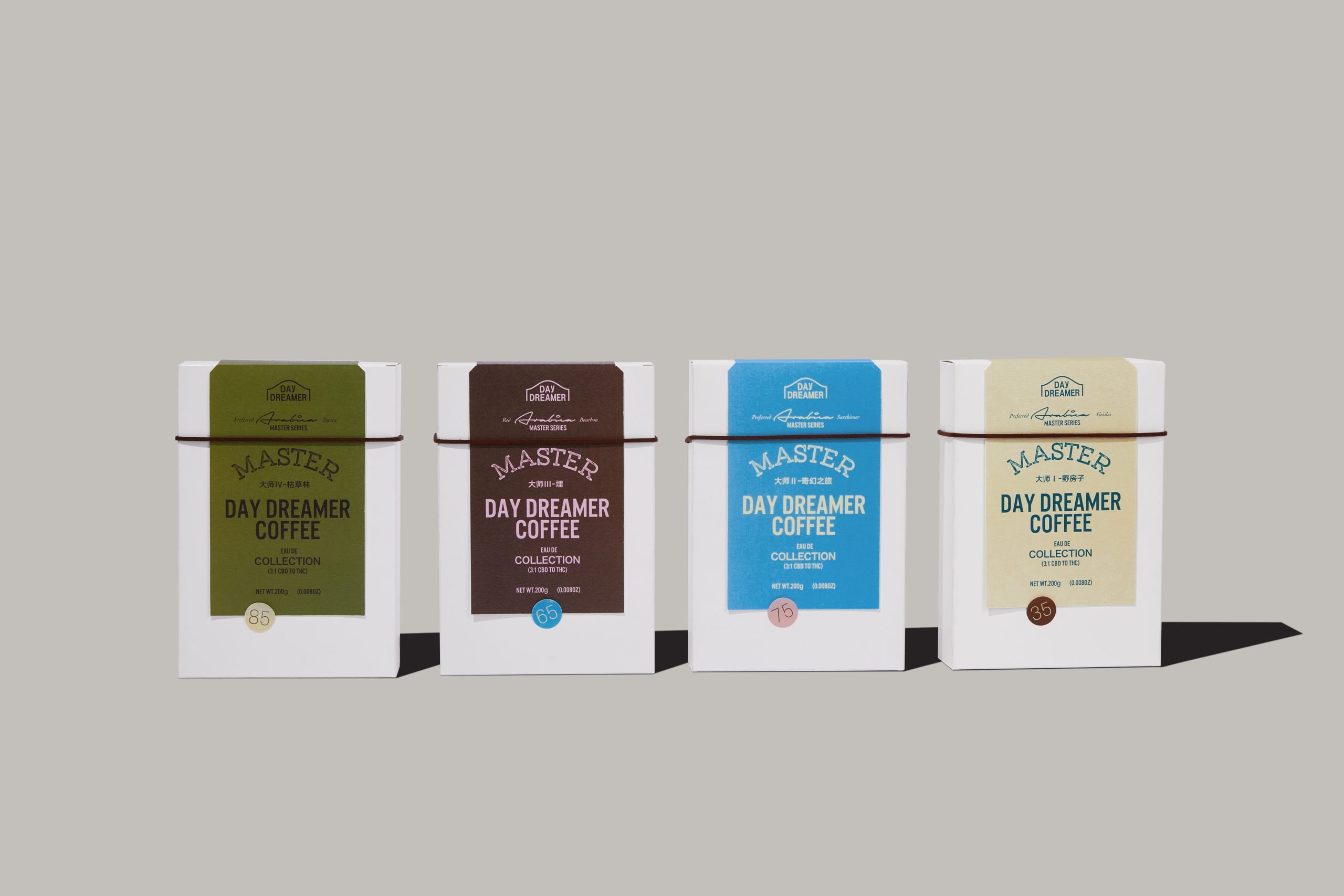If you like to knock back a beer or three with friends, you might have found yourselves debating whatâs betterâbottles or cans. Does canned beer taste different than bottled suds? Can one kind of packaging keep beer fresher longer than another?
Researchers from the Colorado State University, Fort Collins, decided to take those armchair beer expert conversations and apply some science to canned and bottled beer to understand better how different packaging impacts the contents inside.
The study, titled âCharacterizing the Impact of Package Type on Beer Stability,â was recently published in ACS Food Science & Technology, and the folks at CSU compared amber ales and IPAs bottled and canned over a six-month time frame. The beer was stored cold for a month, then at room temperature for five months. Samples were taken from freshly opened containers every few weeks, and they recorded metabolite changes.
